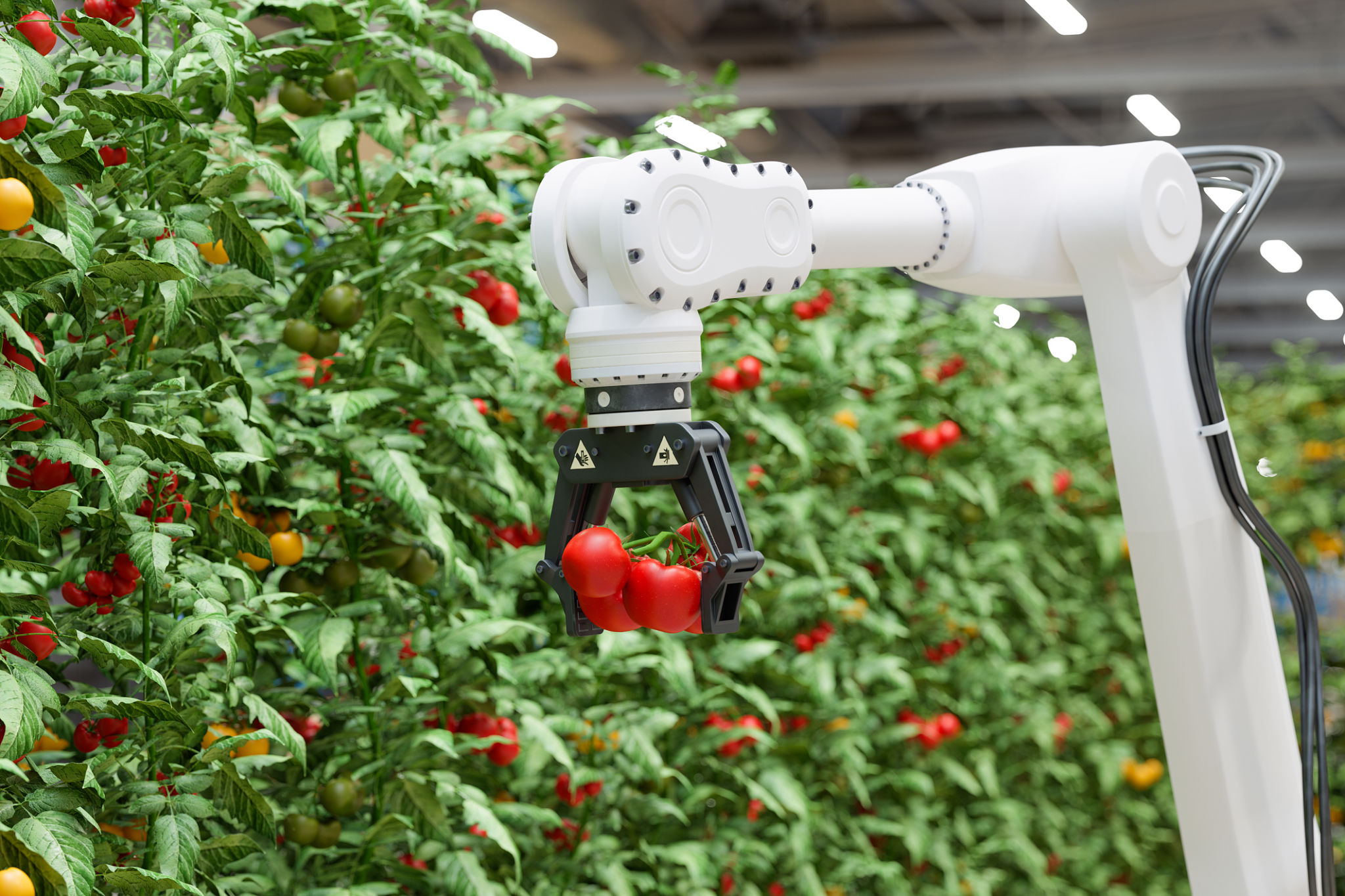The Future of Automation Services Using AI: Trends and Innovations
Emerging Trends in AI-Powered Automation
The landscape of automation services is rapidly evolving with the integration of Artificial Intelligence (AI). Industries across the globe are leveraging AI to automate processes, enhance efficiency, and foster innovation. A significant trend is the shift from rule-based automation to AI-driven solutions that can learn and adapt over time. This evolution allows businesses to handle complex tasks that were previously impossible to automate.
Another key trend is the adoption of AI in customer service. Chatbots and virtual assistants are becoming more sophisticated, providing personalized and efficient customer interactions. These AI systems can understand natural language, learn from previous interactions, and provide accurate responses, significantly reducing the workload on human staff.

Innovations in Machine Learning and Robotics
Machine learning, a subset of AI, is at the forefront of automation services. It enables systems to learn from data, identify patterns, and make decisions with minimal human intervention. This capability is especially beneficial in industries such as finance, healthcare, and logistics, where decision-making can be complex and data-driven.
Robotics is another area where AI is making significant strides. Robots equipped with AI capabilities are being used in manufacturing, agriculture, and even hospitality. These robots can perform tasks with precision and consistency, often surpassing human capabilities in speed and accuracy. The integration of AI allows for real-time adjustments and improvements in robotic operations.

AI in Predictive Maintenance
Predictive maintenance is another burgeoning field where AI is proving invaluable. By analyzing historical data and using machine learning algorithms, businesses can predict equipment failures before they occur. This proactive approach not only reduces downtime but also extends the lifespan of machinery, leading to significant cost savings.
Industries such as manufacturing and transportation are already reaping the benefits of predictive maintenance powered by AI. These solutions allow companies to schedule maintenance activities at optimal times, minimizing disruptions and maintaining high levels of productivity.

The Role of AI in Data Analysis
Data analysis is a critical component of many business operations, and AI is transforming how data is processed and interpreted. AI algorithms can sift through vast amounts of data quickly, identifying trends and insights that would be difficult for humans to discern. This capability is particularly useful in fields like marketing, where understanding consumer behavior is key to developing effective strategies.
Moreover, AI-powered data analysis tools can help businesses make informed decisions by providing real-time insights. This allows companies to be more agile and responsive to market changes, giving them a competitive edge.

Challenges and Considerations
Despite the promising advancements in AI-powered automation, there are challenges that need to be addressed. One major concern is the ethical implications of AI, particularly regarding privacy and job displacement. As automation becomes more prevalent, it's crucial for businesses to implement strategies that balance technological advancement with ethical considerations.
Additionally, there is a need for continuous learning and adaptation within organizations. As AI technologies evolve, businesses must ensure their workforce is equipped with the skills necessary to work alongside these advanced systems. Investing in training and development will be essential to successfully integrating AI into existing workflows.
The Road Ahead
Looking ahead, the future of automation services using AI is bright and full of potential. As technology continues to advance, we can expect even more innovative solutions that will redefine how businesses operate. The integration of AI into various sectors will likely lead to smarter cities, enhanced healthcare systems, and more efficient supply chains.
Ultimately, the key to harnessing the full potential of AI in automation lies in collaboration between technology providers, policymakers, and businesses. By working together, we can create a future where AI not only enhances productivity but also contributes positively to society as a whole.